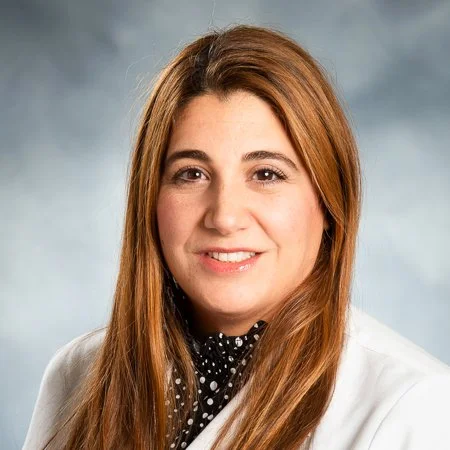Fungal Infection Making the Rounds
Dr. Renee Jiddou-Yaldoo
Dr. Renee Jiddou
If you follow the news, you may have heard about drug-resistant infections caused by an organism called ‘Candida auris.’ This kind of news can create concern; the goal of this article is to help readers understand the infection—who is at risk, how it spreads, associated symptoms, and treatment.
C. auris, a fungus first identified in 2009 in Japan, has become a cause of severe infections across more than 30 countries worldwide. C. auris began spreading in the United States in 2015, and cases increased significantly in 2018. At that time, the Centers for Disease Control and Prevention (CDC) decided it should become a notifiable disease.
Despite headlines, the infection is still rare and healthy people do not usually get C. auris infections. Affected patients usually have serious underlying medical conditions or weakened immune systems, such as blood cancer or diabetes.
Some people can carry the fungus somewhere on their body even if it’s not making them noticeably sick with symptoms, a process called colonization. When people have it on their bodies, it can spread to nearby objects or equipment, and in turn, spread to others. Because of this, health care workers are trained to properly identify a C. auris infection.
Many hospitals also screen patients who are considered high-risk or come from long-term care facilities to determine if they are carriers. The most common symptoms of an invasive C. auris infection are fever and chills that don’t improve after antibiotics for a presumed bacterial infection. Sometimes specialized laboratory technology is needed to help diagnose the infection.
When diagnosed, there are things that can be done to stop the spread. For instance, C. auris can live on surfaces for several weeks, so good hand hygiene and properly disinfecting surfaces is especially important. Health care workers should wear gowns, gloves and clean their hands correctly before and after patient care. Patient rooms should also be cleaned thoroughly with a disinfectant that works against this fungus.
Family members and other close contacts of patients with this infection should clean their hands with hand sanitizer or soap and water before and after touching a patient with C. auris, or after touching any equipment or other objects in the patient’s room.
There are many types of Candida, with at least 30 causing infections in humans. C. auris might be resistant to medications commonly used to treat other types of Candida infections, meaning these medications will not work to treat that specific infection. Instead, many C. auris infections are treatable with a class of antifungal infections called echinocandins.
However, some C. auris infections can be resistant to all three main classes of antifungal medications, making it difficult to treat. In such situations, multiple antifungal medications are used at high doses to try and treat the infection.
When people have severe infections, such as it is in the bloodstream, it can cause serious illness and even death. In most C. auris cases that result in death, the infected individual had other serious, underlying illnesses.
Even after the infection is treated, patients may continue to have C. auris on their skin or other body sites that does not cause infection but can still spread to other patients. All these precautions previously mentioned would continue throughout their whole stay in the hospital.
Although the risk of infection in healthy people is low, patients and family members should continue with good hand hygiene, washing hands thoroughly before and after touching the patient or medical devices when they return home. Handwashing is especially important if a caregiver is caring for multiple patients at home.
Routine testing for C. auris of family members or other close contacts is usually not recommended. However, if someone who has frequent contact with a person with C. auris is admitted to a health care facility, they might be checked to see if they carry it and help prevent it from spreading further. This is usually done with a swab of the skin near the armpits and groin. People who have tested positive for C. auris in the past should inform their health care providers of this. For more information on C. auris, you can visit CDC.gov.
Renee Jiddou-Yaldoo, MD is a specialist in Infectious Diseases at Corewell Health’s Beaumont Hospital in Grosse Pointe.

